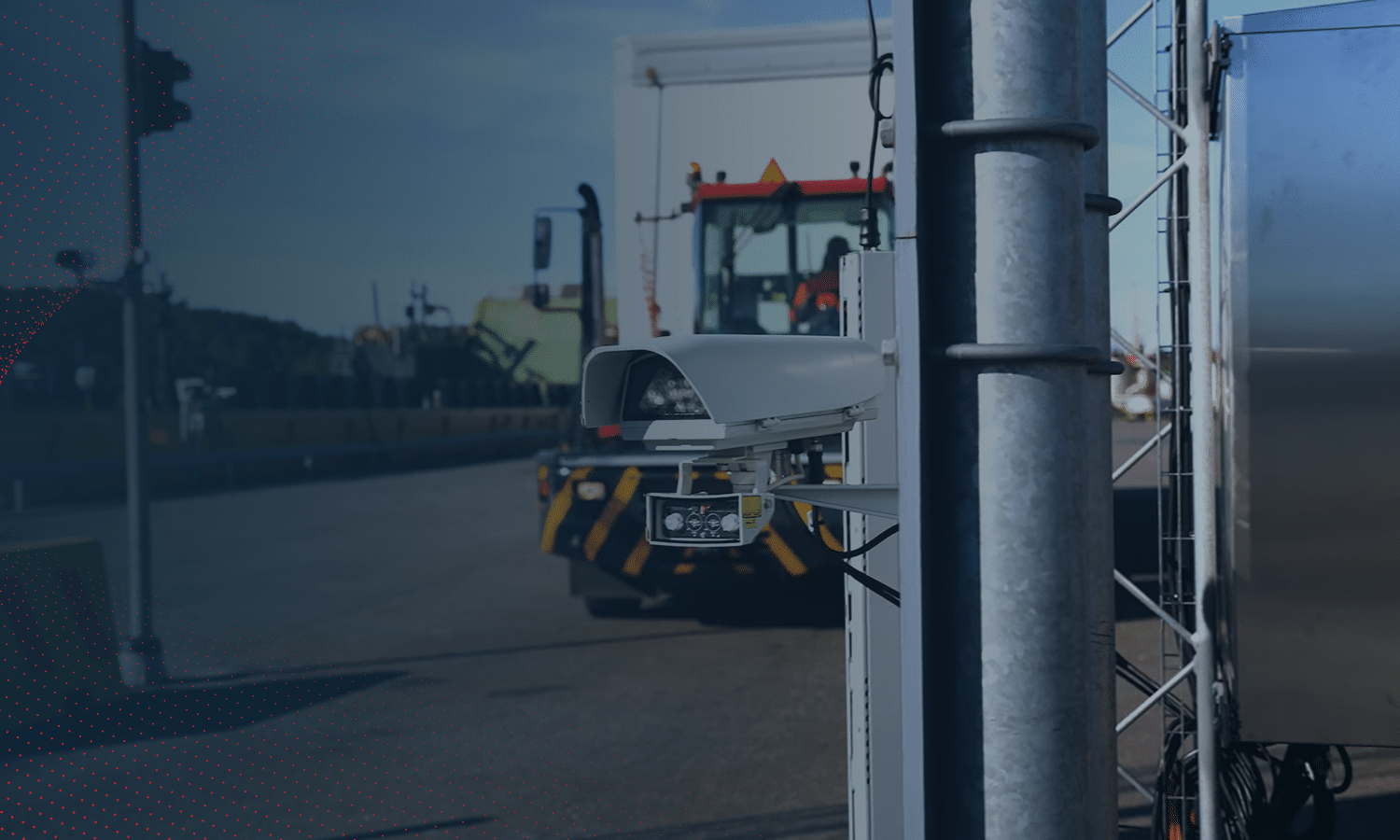In today’s rapidly evolving global trade landscape, container ports face the dual challenge of meeting increasing demand for growth while minimizing their environmental footprint. The world of container port operations is undergoing a profound transformation, driven by technological advancements and a shift towards more sustainable and efficient practices.
Smart Ports: The dawn of a new era
Smart ports, empowered by technologies such as the Internet of Things (IoT) and Artificial Intelligence (AI), are poised to redefine container port operations. These ports leverage real-time data from interconnected devices and sensors to optimize every aspect of their activities, from vessel scheduling to cargo handling. Embracing smart technologies will enable adapting swiftly to changing market demands and streamlining operations, bolstering overall productivity.
Minimizing carbon emissions through gate automation and container OCR solutions
Traditional port operations, such as loading and unloading cargo and moving containers within the terminal, are often done with a mix of both energy-efficient vehicles and diesel-powered transportation. To tackle the issue of minimizing carbon emissions, operators must ensure that all gate functions and container handling services are well optimized and streamlined in order to eliminate unnecessary idling at transaction points. Utilizing gate automation and container OCR solutions in all phases of cargo handling streamlines and optimizes the flow of traffic while making operations more accurate, which all carry out positive impacts for both sustainability and productivity initiatives.
Automation solutions emerging as game-changers
As the need for greater efficiency and sustainability grows, automation solutions are emerging as game-changers in the maritime industry. Beyond streamlining operations and enhancing productivity, these technologies also hold the promise of fostering positive impacts on sustainability.
Shifting towards a “Smart port” approach by adopting and investing in automation creates greener supply chains while enabling operators to significantly improve KPIs and to position themselves as leaders in sustainable maritime operations.

